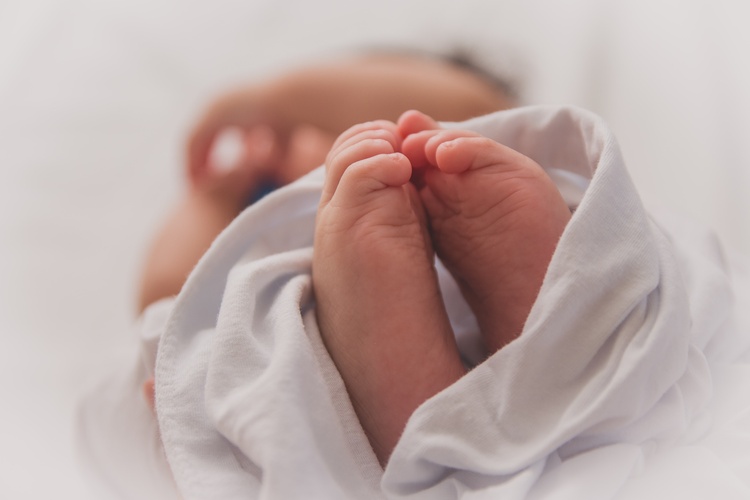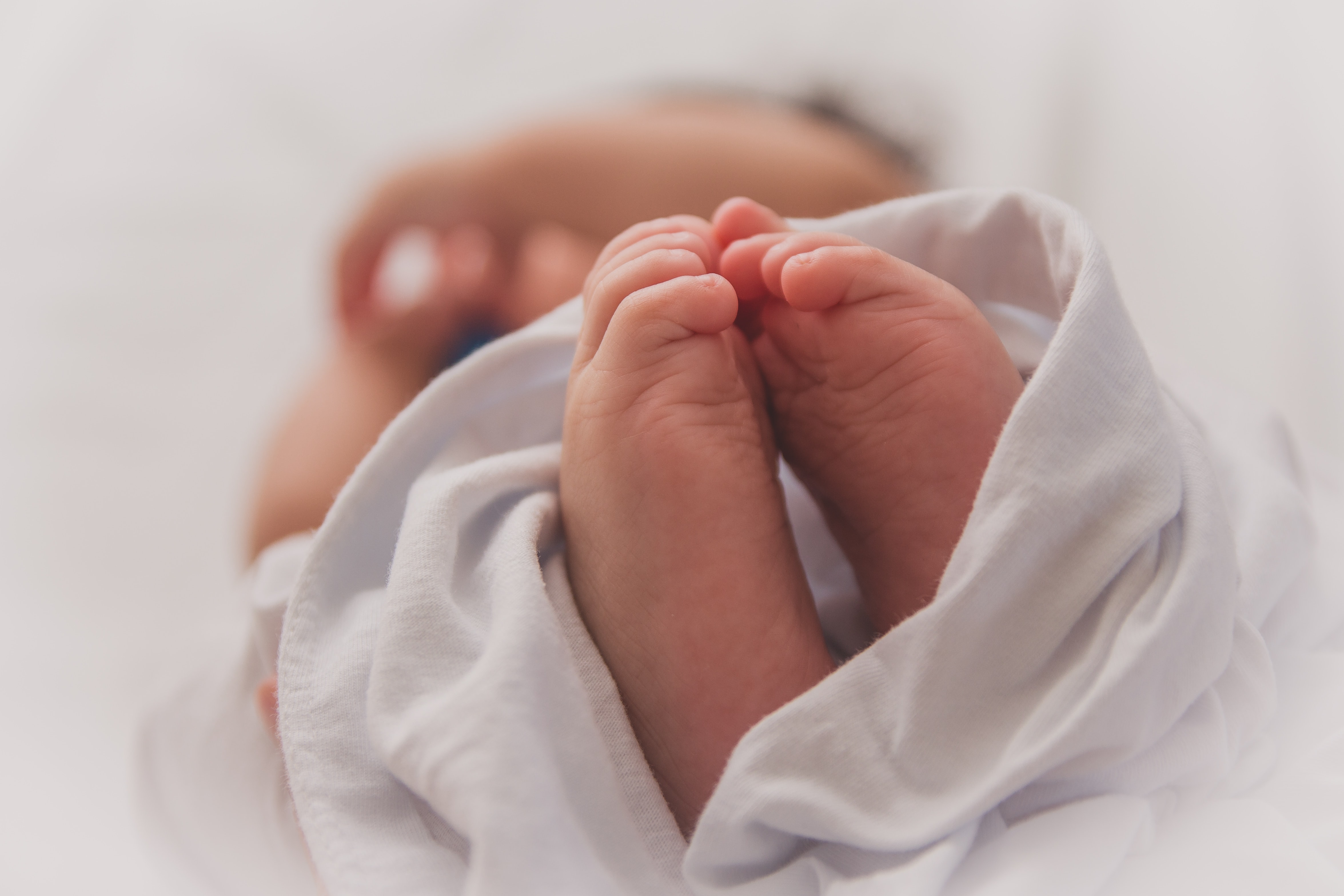“We have approved the Family Act to support parenting, combat the falling birth rate, encourage the growth of children and young people, and the help parents reconcile of family life with work, especially for women,” Prime Minister Giuseppe Conte told reporters on Thursday after the bill was passed.
Italy has suffered a declining birth rate for decades.
Some 464,000 births were registered in Italy in 2018 – the lowest on record, ever.
Declining fertility rates, combined with longer life expectancy, has left Italy with a significantly older population.
Its median age is now 45.9 years according to EU statistics, compared to the European median of 42.8, higher than in any other European country except Germany.
The growing demographic crisis, with births falling and life expectancy rising, is thought to be both a symptom and a cause of Italy’s sluggish economy.
In light of the coronavirus pandemic, the country’s economy has struggled even more.
The Family Act’s flagship policy is a “universal” monthly allowance, to be paid from the seventh month of pregnancy until a child reaches 18 years of age.
This may be in the form of a direct payment or tax credit.
Despite being described as universal, the payments are means-tested and are on a sliding scale depending on a family’s income.
A maximum of €240 a month is available to parents of a child under the age of 18, with that payment increasing by up to 20 per cent for each child born after that.
There are also additional allowances for children with disabilities.
The bill also allows for 10 days of fully paid paternity leave, while each parent can also choose to take a period of two months of additional leave.
The bill also includes payments intended to help mothers get back to work following the birth of a child.
It’s not yet clear how long this period will last or how much the supplement will be worth, while the amount of money available to help with the cost of nursery of babysitting will triple – from the current €1000 up to €3000 per year, although the exact sum will be dependent on the applicants’ income.
The payments will be divided into three income-dependant brackets: €1500, €2500 and €3000.
Disappointingly for anyone becoming a parent soon, the law gives the government two years to make the contents of the bill into a reality.
The child allowance policy, however, may be introduced much sooner as this is being fast-tracked after being processed separately from the rest of the Family Act, in a bill presented to parliament several weeks ago.
According to local media, it could be processed by the end of 2020.












